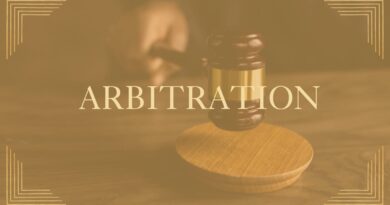MBBS Course – Denial of admission to a student with disability
The appellant – a person with disability – had distinguished academic school record. The appellant has 58% total disability i.e. Locomotor disability 50% and speech & language disability of 20%.
The Disability Assessment Board the appellant ineligible for the medical course without examining the functional competence.
The Supreme Court, by an interim order, directed the AIIMS to examine the disability of the appellant to pursue the medical studies.
Out of 6 Members of the Medical Board, five did not find the appellant fit to pursue medical course, whereas one member found that he is fit for the same course.
“Both hands intact, with intact sensations, sufficient strength and range of motion are essential to be considered eligible for medical course”
Rejecting the report of five members of AIIMS Medical Board, the Supreme Court held that the need to assess beyond the quantified disability and to open if appellant aided by modern scientific tools and devices can pursue MBBS course has not been fulfilled. The five Members of the Board have recorded statements in the nature of disclaimers.
A prescription such as “both hands intact…..” in NMC Guidelines reeks of ableism and has no place in a statutory regulation. In fact, it has the effect of denuding the rights guaranteed under the Constitution and the RPwD Act and makes mockery of the principle of reasonable accommodation.
In the age of robotic surgeries, NMC norms still insist on the “both hands intact with intact sensations” norm. The father of neurosurgery Harvey Cushing, who as early as in November, 1911, emphasized that motor skills are often “the least part of the work”.
Judgment dated 21.2.2025 of the Supreme Court of India in Civil Appeal No.14333 of 2024 of Anmol Vs. Union of India and others




